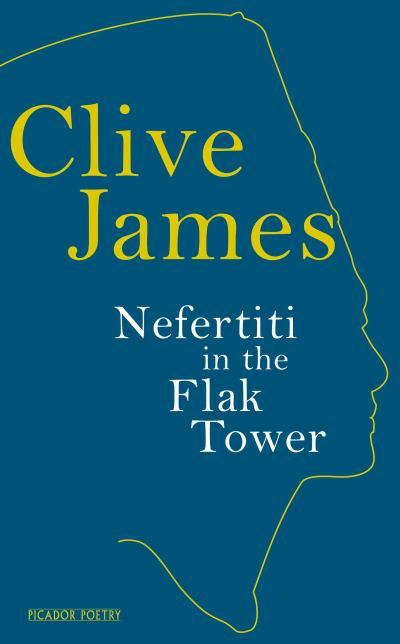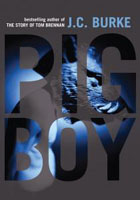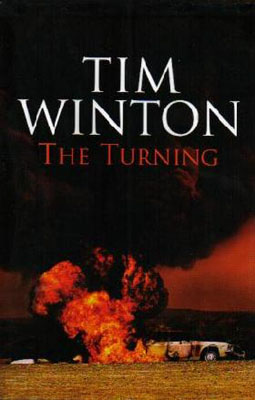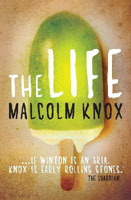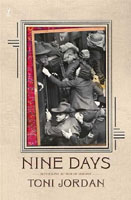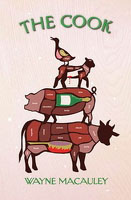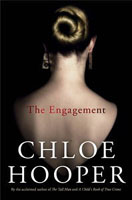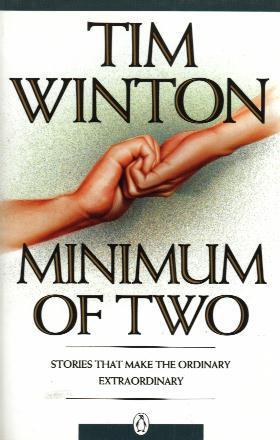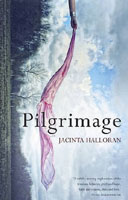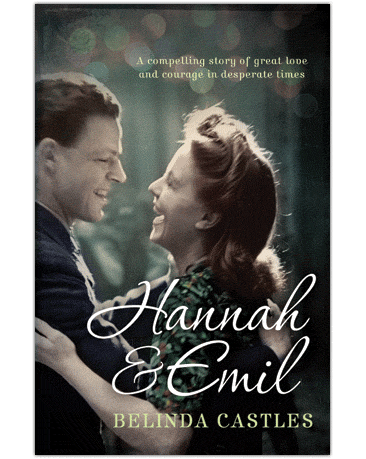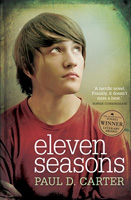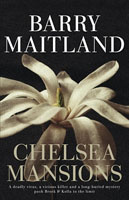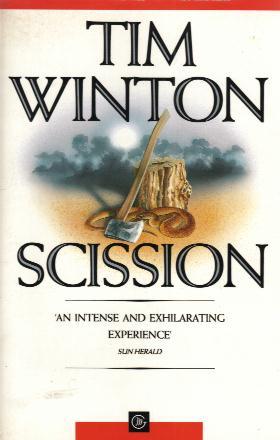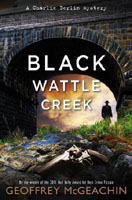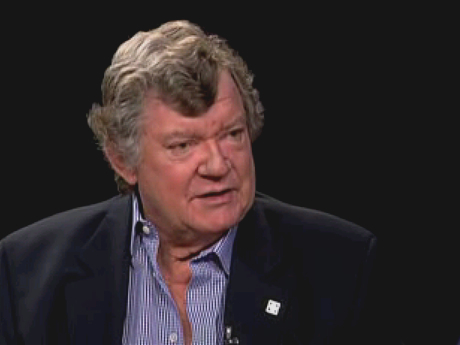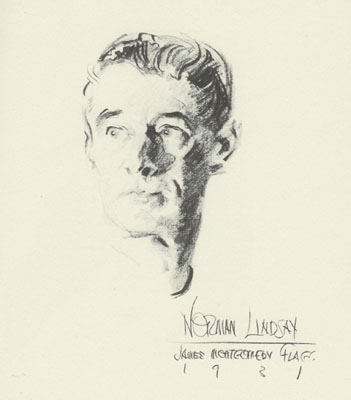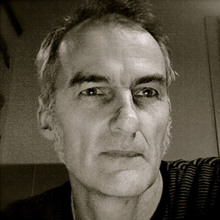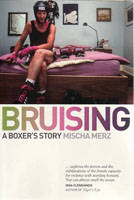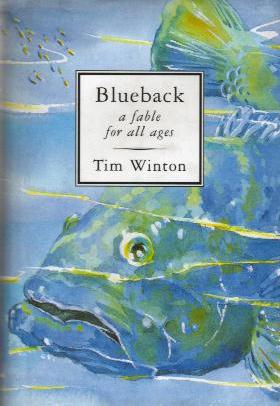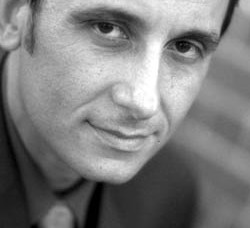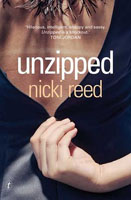Arthur Albert Dawson Bayldon is unquestionably one of the most remarkable men in Australia. He belongs to that great strange company Australia has succeeded in winning from the old world, men like Marcus Clark and Brunton Stephens and Adam Gordon, men who become more Australian than the Australians, and who voice our deeper feelings and aspirations better than we can ourselves. Bayldon has written some fine verse. Some of his sonnets may be placed side by side with all but the greatest. Here are a few lines entitled 'To Poesy," from the first Australian volume of poems, published in 1897: -- These vessels of verse, O Great Goddess, are filled with invisible tears,
With the sobs and sweat of my spirit and her desolate brooding for years;
See, I lay them -- not on thine altar, for they are unpolished and plain,
Not rounded enough by the potter, too much burnt in the furnace of pain;
But here on the dust, in the shadow, with a sudden wild leap of the heart,
I kneel to tenderly kiss them, then in silence arise and depart.
The following sonnet on Marlowe is very fine:- With Eastern banners flaunting in the breeze,
Royal processions, sounding fife and gong,
And showering jewels on the jostling throng,
March to the tramp of Marlowe's harmonies.
He drained life's brimming goblet to the lees.
He recked not that a peer superb and strong
Would tune great notes to his impassioned song,
And top his cannonading lines with ease
To the wild clash of cymbals we behold
The tragic ending of his youthful life;
The revelry of kisses bought with gold;
The jest and jealous rival and the strife;
A harlot weeping o'er a corpse scarce cold,
A scullion fleeing with a bloody knife.
The Man.
But the most interesting thing about Bayldon is himself. He is a man of great energy, unquestioned ability. And yet a certain childlike simplicity seems to quite unfit him for the struggle of life. Some men have the ability that succeeds. Bayldon has the ability that fails. This is what he recently said in a New South Wales weekly of his own varied life in Australia during the last twenty years:
To enumerate the various parts I have played would take a column. A few of marked contrast will give an inkling of my many experiences. I have been a private secretary and a swagman; a rouseabout and a phrenologist; a fancy swimmer, an editor, and a canvasser of a comic monthly; teacher of English composition and clothiers' agent among kanakas; platform lecturer on Buddhism and Irish subjects, and a tea-traveller; bock canvasser and motto-writer; insurance agent and picture-dealer -- and hundreds of other things.
Yet Bayldon is a man of high character, fine appearance, insinuating address, and is still five or six years on the right side of fifty. Nature has dowered him with many gifts, but she has denied him the gift of succeeding-as the world understands success. And yet there are a few men in Australia -- and I am proud to be one of them -- who would rather spend a night with Bayldon than with the King of England. For Bayldon, in spite of bis failures, in spite of the buffetings to which a hard business world has subjected his gentle spirit, carries the gold of poetry in his heart. The world may despise him, and society may know him not, but God has laid his finger upon his brow. He is in very truth of that great company of noblemen who receive, as Burns put it, the patent of their nobility direct from Almighty God.
A Strange Meeting.
I will never forget the night I first met Arthur Bayldon. It was very late, and I was walking home alone. A young man over-took me, introduced himself, said he knew me, had heard me lecture, and at once dived into a long and involved metaphysical harangue on the existence of God, the immortality of the soul, and other small matters. I walked on in silent amazement. His voice was a fine one, and he knew how to use it. He had also, as I could see by the light of an occasional lamp, finely chiselled features, and a flashing eye. Arrived at my residence he stood at the gate and continued his monologue. After this had gone on for about a couple of hours, I ventured to remind him that it was about 3 o'clock in the morning. He regarded the observation apparently as an irrevelance. What in the name of reason had that insignificant fact to do with the problems of God and immortality? I had, however, to assure him as politely as possible that, although philosophy was interesting, sleep was imperative, and eventually he departed.
Poet and Book Canvasser.
I got to know him more intimately afterwards. He came to the town for the double purpose of selling his first volume of poetry and giving exhibitions in fancy swimming. He played both parts admirably. Some of his poetry was excellent, and his swimming was superb. But it was in his capacity of canvasser of his own books that he used to shine most brightly. As a poet his place is comparatively humble; as a book-canvasser he certainly stands alone, towering above all the motley crew like a veritable colossus. Once he gained entrance into a house his book was as good as sold -- sometimes to every member of the family. For he had a masterful manner, and an arresting gift of eloquence. "Do you love poetry?" he would ask insinuatingly. When the answer was negative or affirmative, he would at once proceed to pour himself out on the subject. '"Poetry," he would cry, standing in the middle of the room gesticulating, "is the voice of God in the heart of man. As Shelley has said, poets are the unacknowledged legislators of mankind." And then would follow what was really powerful and dramatic oration on all the poets, ancient and modern, dead and alive. The family, as a rule, would be entranced, and an hour or two later the exhausted rhetorician would sally forth, carrying with him the names of perhaps half-a-dozen subscribers in his pocketbook, and leaving behind him a memory never to be effaced. The book, when ultimately supplied, was not specially good value, but the oration itself was worth double the money.
A Queensland Newspaper Office.
In time Bayldon and I became very good friends. Indeed, he was one of many striking personalities who used to foregather at the office of the paper I was then con- ducting. Amongst these were Frank Morton, well known to readers of the Sydney "Bulletin," Mr. Rogers, a gentleman who had strange mania for writing books, and who was reputed to be connected with the great Coleridge family, Theodore Wright, a mysterious philosopher who was distinguished by the length of his hair and an unfaltering belief in astrology; Adam Tramp, who was then, as now, an anarchist of anarchists, and occasionally William Kidston, who is now Premier of Queensland. On one occasion I had a very heated argument with Theodore Wright. I had been expressing my profound belief in the monistic philosophy of Professor Clifford when Mr. Wright exclaimed:- "You are utterly mistaken. There is not one substance in the universe; there are three substances, matter, soul, and spirit."
"What is the difference between soul and spirit?" I asked.
"You would not understand if I told you," he replied. "You will have to evolve to a higher plane before you can understand."
"But," I said indignantly, "that is an assumption. If you cannot define your words, you have no right to use them."
"My dear fellow," replied Wright, half-sarcastically, "definitions of those higher things can only be understood by those sufficiently developed to comprehend them. Could I expound philosophy to a dog?"
This was too much. Accordingly, assuming an air of great seriousness, I replied: "Mr. Wright, the everlasting spirit which permeates the universe has made known to me at this very moment a new truth. That truth is that there are four substances in the universe -- matter, soul, spirit, and poojah."
"Nonsense," cried Wright, "what do you mean by poojah? It's only a word."
"Ah," I replied, "I cannot define it -- to you -- you have not sufficiently developed."
"But what is it at all?" he cried, forgetting himself.
"Can I expound philosophy to a dog?" I thundered. "No, sir. You will have to develop first. And so I again declare that there are four substances in the universe -- matter, soul, spirit, and poojah, and the greatest of these is poojah." In many subsequent metaphysical arguments I have found "poojah" exceedingly convenient.
About a Sense of Humour.
On another occasion an incident occurred which I am not likely to forget. Mr. Bayldon was aware of his own gifts, though in this he showed a certain childlike sympathy which made it almost attractive. Many of his friends, including myself, had denied him the gift of humour. This gave him a great deal of pain, and I have frequently heard him trying to prove by long process of reasoning that be possessed a wit of a very high quality -- a fact which almost demonstrated its utter absence.
"No gift of humour!" he would cry indignantly, "why I'm full of it. I frequently lie in bed o' nights laughing, hours on end."
"What at?" I once asked.
"Just at things in general," he replied. "I can see humour everywhere. There is humour in the wagging of the little tail of a dog."
One day, however, he happened to say something droll, and I observed: "Why, Bayldon, you've a sense of humour, after all."
He was beside himself with joy. "You have recognised the fact at last," he cried, jumping up and taking me by the hand. "Ah, I knew you would, I knew you would."
At this moment I had to go to a butcher near by and purchase a leg of mutton, which I had promised to take home on my bicycle. Bayldon followed, exclaiming all the way: "What kind of humour have I got -- like Swift, or like Sterne, or like Lamb?"
I entered the shop, secured the leg of mutton, got it well wrapped up in paper, and, attaching it to my bicycle, mounted and rode off. But Bayldon followed. I went fast. He followed suit. I went at considerable speed. He ran alongside. And all the while he was besieging me with questions as to the peculiar characteristics of the humour I had suddenly discovered that he possessed. In consequence of my endeavours to get away from the poet, and the poet's endeavours to detain me, the bicycle began to sway erratically from side to side of the street, and, before I was aware of it the mutton emerged from its wrappings and proceeded in all its nakedness to sway violently before the eyes of men and women. "I unconditionally withdraw the compliment." I cried, jumping from my bicycle, "if either of us had the faintest ghost of any sense of humour in our soul this spectacle would be the death of us." I then fled to a secluded spot and wept.
First published in The Western Mail, 23 July 1910
[Thanks to the National Library of Australia's newspaper digitisation project for this piece.]
